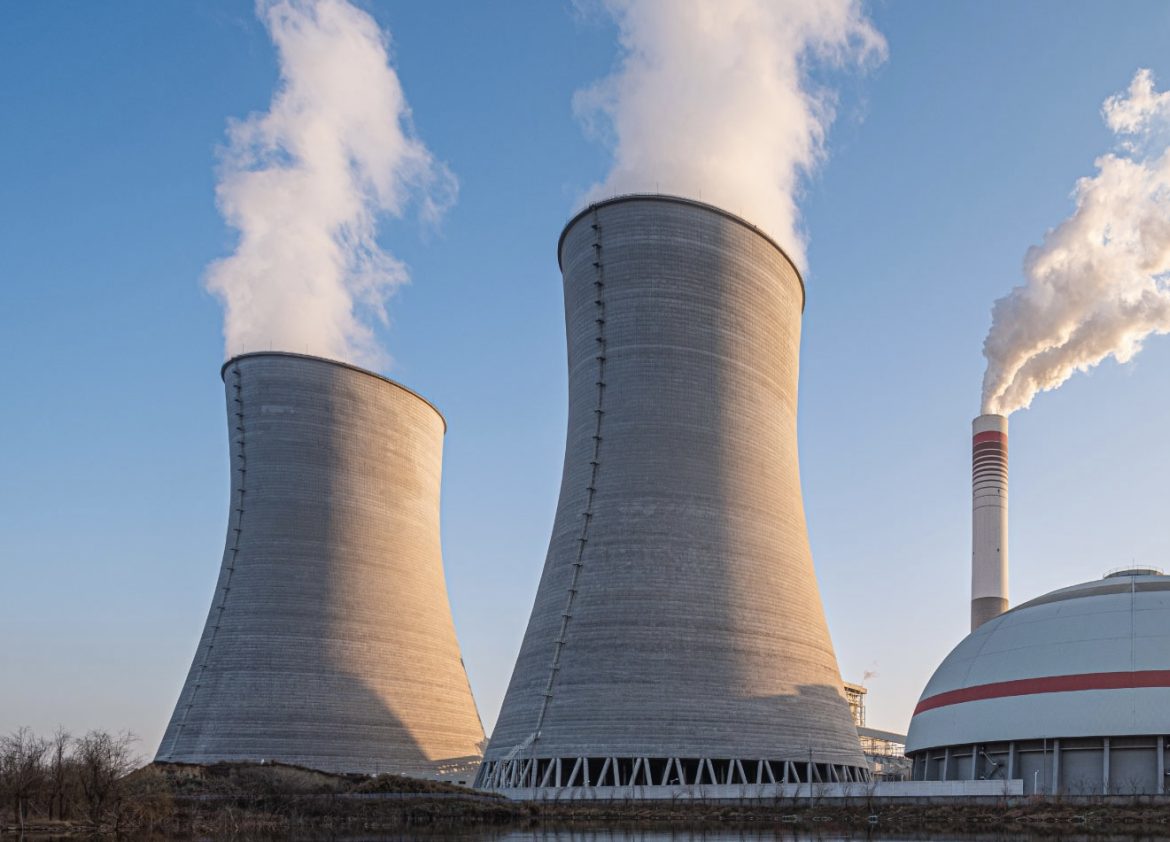KEY POINTS
- Eskom chair Mteto Nyati says future tariff hikes must align with inflation, not exceed CPI.
- Settlement with Nersa allows Eskom to recover R54 billion, raising tariffs nearly 9% in 2026 and 2027.
- Utility targets R112 billion in cost cuts and expansion of renewables to ease consumer burden.
South Africa’s state-owned power utility Eskom is shifting its focus from stabilising electricity supply to tackling affordability, with chairperson Mteto Nyati saying future tariff hikes must be brought in line with inflation.
Speaking at a PSG webinar, Nyati argued that South Africans should not continue bearing double-digit increases that outpace broader consumer costs. “We should not be able to see tariff increases that are above CPI,” he said, adding that electricity pricing must remain in “single digits, very much in line with everything else in society.”
The consumer price index slowed to 3.3% in August, far below Eskom’s recent tariff trajectory. Standard tariffs have climbed from below 20 cents per kilowatt-hour in 2005 to about R2.20/kWh today. This year alone, Eskom implemented a 12.75% increase, squeezing households and energy-intensive industries. Ferrochrome producers have warned they may shutter more capacity unless relief is offered.
Regulator Deal to Push Tariffs Higher
Nyati’s intervention comes just as Eskom secured a behind-closed-doors settlement with the National Energy Regulator of South Africa. Nersa admitted miscalculations in assessing Eskom’s asset base, opening the door for the utility to claw back R54 billion in revenue.
The adjustment means tariffs will rise by 8.76% next April—higher than the previously approved 5.36%—with another 8.83% hike the following year. The remaining R29 billion balance will be recovered in the next cycle, on top of other pending regulatory approvals.
Nyati said Eskom intends to blunt the impact by cutting R112 billion from its cost base over five years. Details remain vague, but the board believes deeper integration of cheaper renewable energy into the grid could help ease pressure on consumers. “As you integrate more renewables, sometimes the cost can come down. So that’s exactly where we want to be,” he said.



